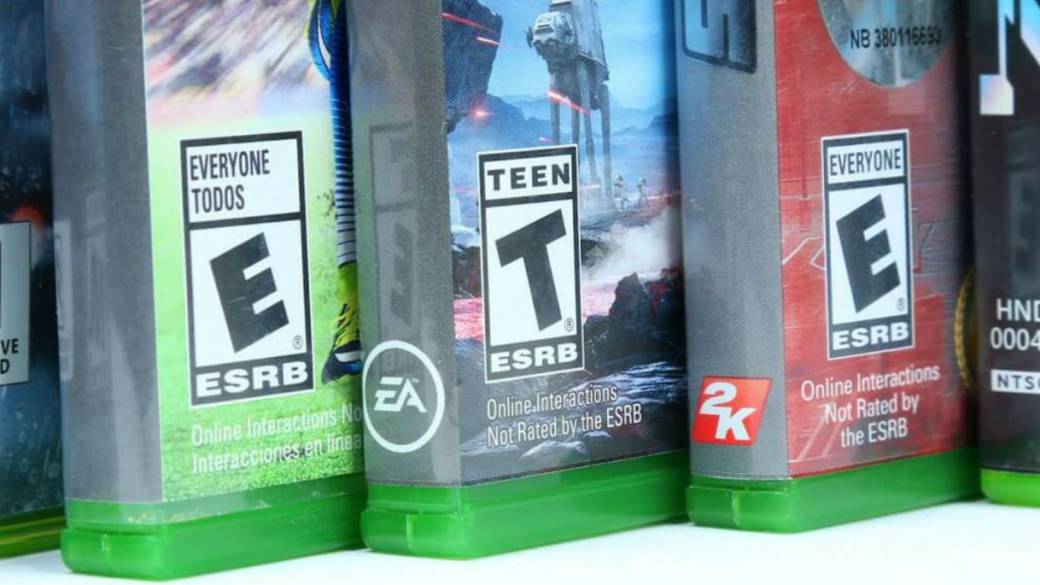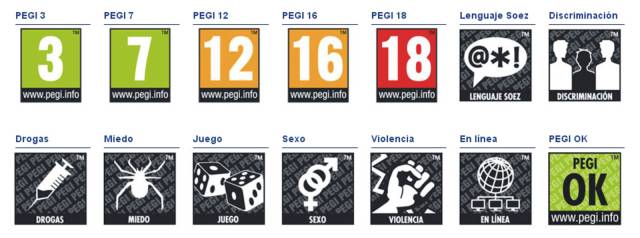
While CERO, the agency in charge of Japan, will close until May, in Europe and the United States it will operate with apparent normality.
Regulatory agencies in charge of classifying video games in Europe and the Middle East as well as North America will not stop operating during the period of the humanitarian crisis caused by the coronavirus. Both PEGI and ESRB, respectively, have confirmed that they will not pause their main activity, that of classifying video games for their sale, despite being working remotely.
No apparent changes: they will continue to classify upcoming releases
According to IGN, from ESRB they assure that "thanks to a good preplanning job" and the remote work that their employees have been doing for almost a month, they do not expect any type of delay or reason to think of a hinder in their calendar. time to work. Since March 16, they have been working with this teleworking plan to continue assigning the pertinent classification of all the titles that are scheduled for sale in the spring.

Pan European Game Information (PEGI) was born in 2003 by ISFE and currently operates in more than 25 countries.
PEGI, the body that affects Europe and the Middle East, works in Brussels, Belgium. They have also been working remotely there for “a couple of weeks”. Broadly speaking, they assure that "we are currently working remotely with minimal impact on our operations." In addition, they expand by noting that "PEGI works with two independent administrations located in both the Netherlands and the United Kingdom", which makes it easier for the agreements with publishers and the consequent conversations are not affected: they work in a coordinated way and the daily routine Go ahead unless the authorities indicate otherwise.
The news comes after it was learned that CERO, the equivalent of these two entities for video games in Japan, was going to close its offices and operations until next May 6 after the state of emergency was raised due to a health alert on April 8 by its Prime Minister Shinzo Abe. In Japan, therefore, with the cessation of the classification of video games – an unavoidable step for the legal sale of a title – delays in future releases are almost inevitable.
The next major releases for the sector, sensitive to having delays not due to lack of classification but due to possible distribution problems, are Trials of Mana, Sakura Wars, Xenoblade Chronicles: Definitive Edition or Ghost of Tsushima, all of them framed between the months of April and June 2020. Sony has already warned that its first party games may be delayed; An example of this is The Last of Us Part II. Nintendo, for its part, assured at the start of the Nintendo Direct in March that all dates are tentative, subject to change.
In Spain, the alarm state will remain active until – at least – this April 26. From that date, the Government will indicate which businesses and activities are reactivated.
Track | IGN

